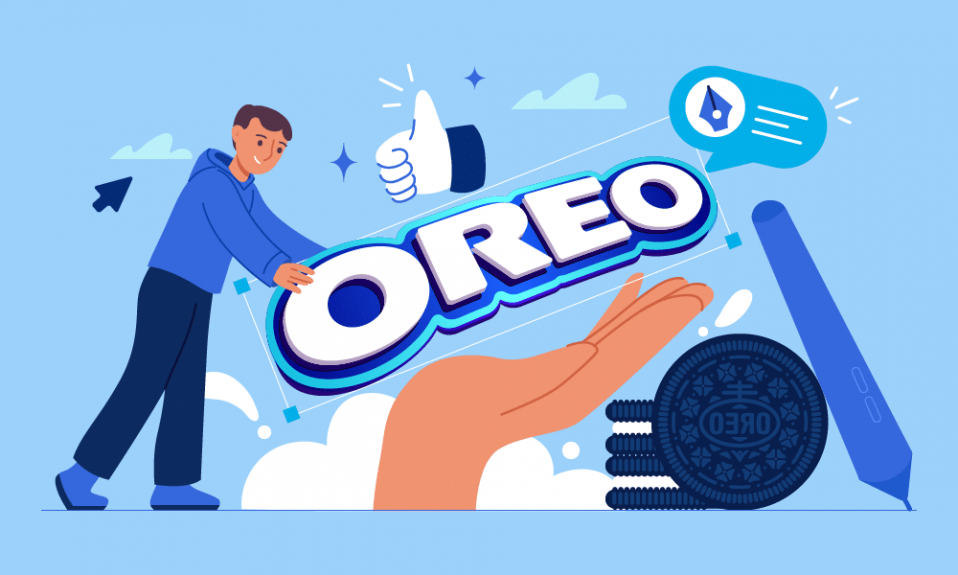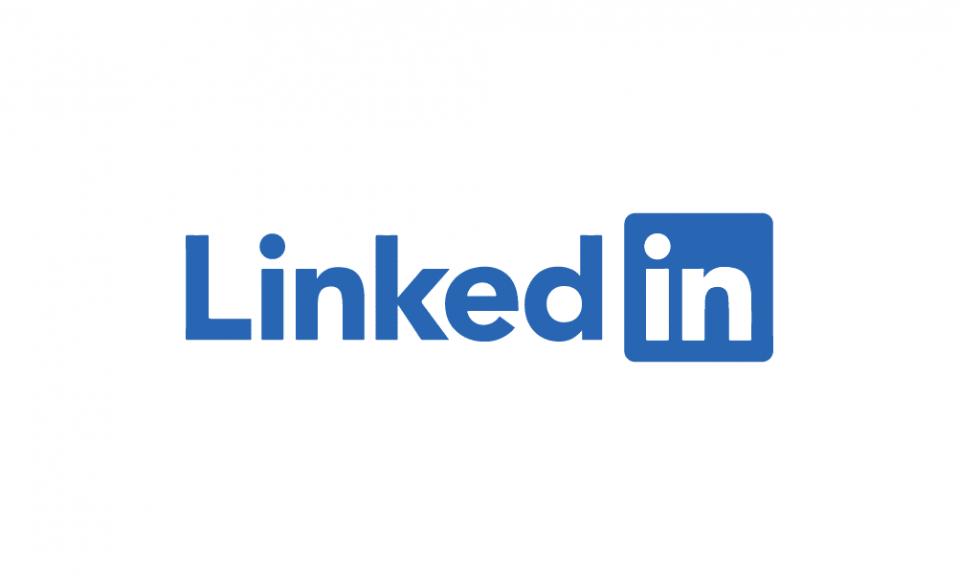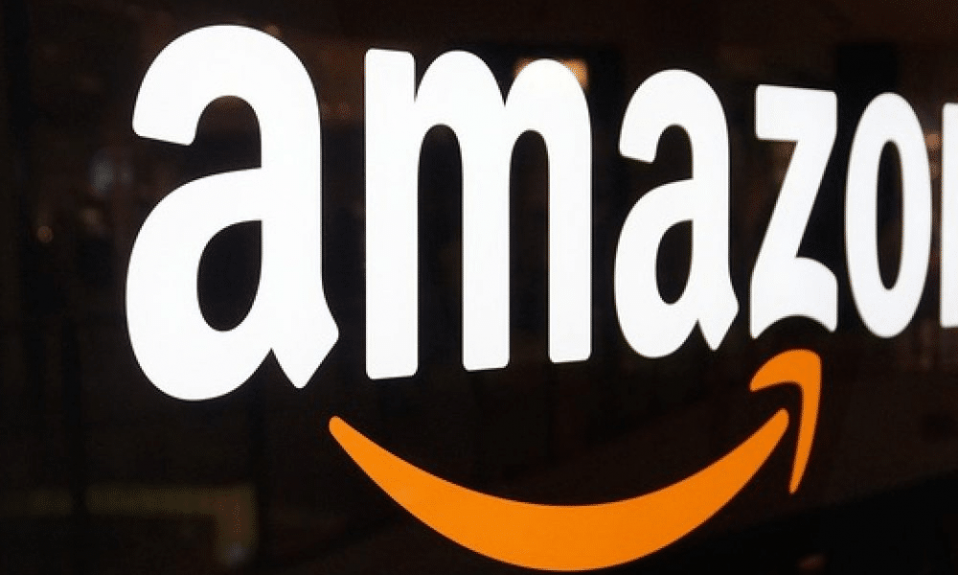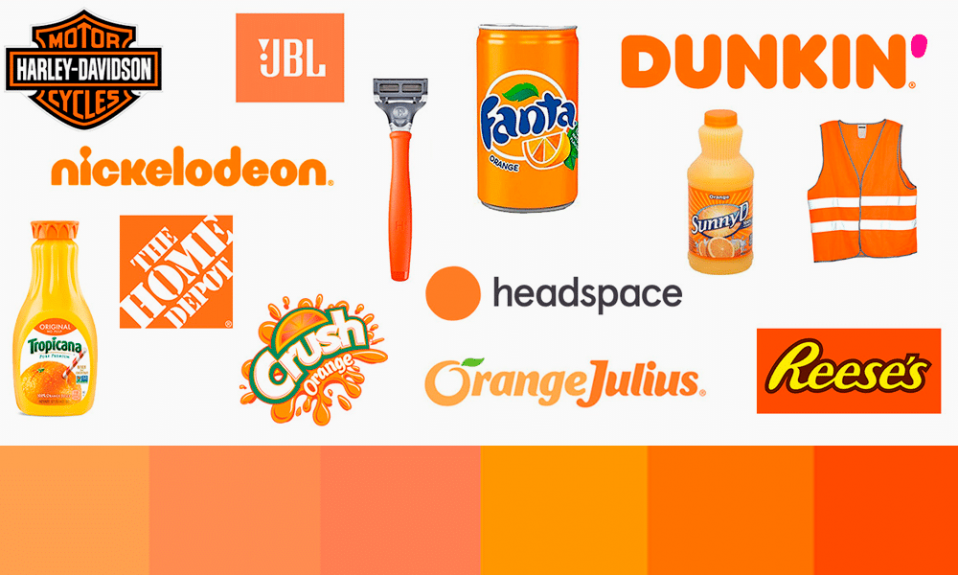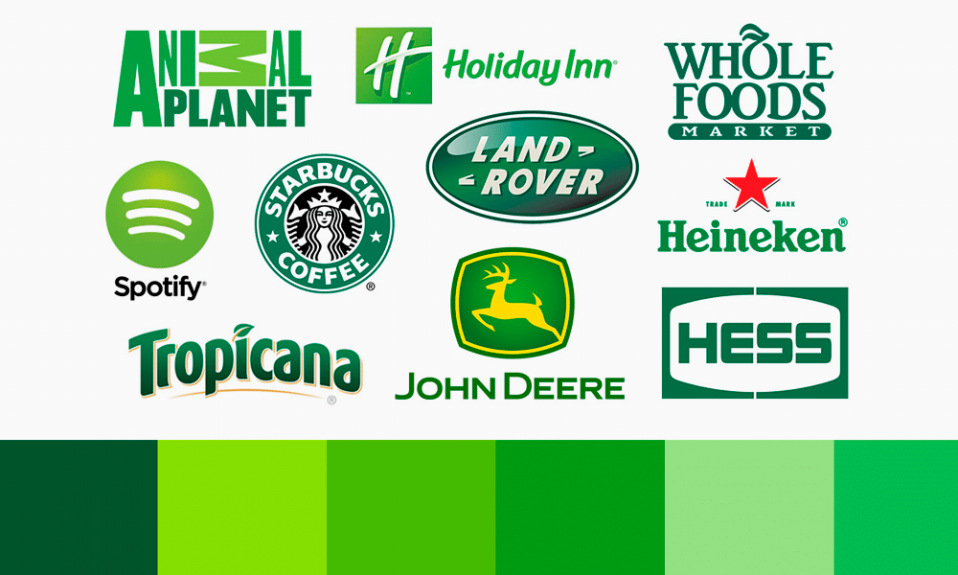Every company needs to stand out from its competitors and expand the market share it controls. All of them, from a chain of cafes, through a broker trading shares in cyberspace, to an alternative art museum.
Create your own logo with Turbologo logo maker. It takes less than 5 minutes and no design skills needed.
Go to Logo MakerSurvival in the struggle for existence requires the development of a strategic brand concept and the means to implement it. Brand personality is a crucial part of marketing strategies for success.
Each brand has its own personality, i.e. a set of specific properties and advantages inherent only to it, on which his relationship with the consumer depends. Brand personality is demonstrated through practical determination, tenacity and persistence in proving the position and value of the brand and convincing consumers about its advantages.
Table of Contents
What is brand personality?

Creating a brand personality is one of the main components of marketing research and a very important process for design and marketing team and top managers of companies alike. Personality is the visual and verbal expression of a brand. Individuality supports, expresses, conveys and synthesizes the brand, making it visible to the target market. It represents nature in the briefest, quickest, and most prevalent mode of communication.
Brand personality definition is displayed on marketing materials like business cards, websites and marketing advertisements, personality increases consumer awareness of a brand and helps grow business.
A brand identity strategy is based on a company’s business vision, brand story, culture, and reflects a deep understanding of customer needs and perceptions.
The personality of a brand is a set of human traits that it embodies: values, positions, special features of its personality.
Elements of brand personality
Elements that express personality should resonate with the organization’s history, but be flexible enough to change as it evolves in the future, yet maintain a rugged personality.
- Name and logo

A catchy name and logo make a unique brand personality with visual brand identification. This is where brand personality starts.
- Values and promises

A sophisticated brand personality must have clearly defined values that reflect its mission statement and uniqueness. These values define what your brand offers its customers and how it interacts with them. Promise of brand personality refers to what customers can expect from products or services associated with a brand with highlighting the brand personality as a relatable human being.
- Brand Identity and style

A brand acts with a recognizable identity, which is expressed through design, colors, brand fonts and overall style. This helps create a unified and cohesive impression of the brand and its products on the target market. Achieving optimal reproduction of brand colors is one of the main tasks and presents a complex challenge.
- Emotional impact

Sincere brands should evoke emotions and feelings in its customers. This can be achieved through communication, the use of stories, and by establishing a bond with the target audience at an emotional level within the brand personality spectrum.
- Quality and reliability

A brand must be associated with the high quality and reliability of its products or services. This creates trust on the part of customers and encourages them to make repeat purchases. Another point is sophistication; sophisticated brands with a similar image are not shy about elitism and strive to achieve the highest standards to attract ideal customers.
The importance of brand personality

In today’s highly competitive market, major brands are looking for ways to differentiate themselves and stand out through unique brand personality dimensions. A distinctive brand personality helps companies achieve this goal by distilling its values and attributes leading to ultimate sophistication.
Brand personality is a set of emotional connection, psychological and behavioral patterns that determine the interaction of a brand with a consumer.
The concept of brand personality dimension:
- Affects sales. According to Accenture, 71% of people buy brands that convey core values that suit them. This is why brand personality matters.
- Competent brand personality increases recognition. A memorable image provides the brand with constant exposure, for which there is no need to pay. A bitten apple reminds consumers of Apple, a white tick reminds consumers of Nike brand;
- Creates an atmosphere. People prefer to drink coffee at Starbucks because of the atmosphere that the brand conveys: love for quality service, pleasant communication, and a comfortable environment.
Brand personality and image: what’s the difference?
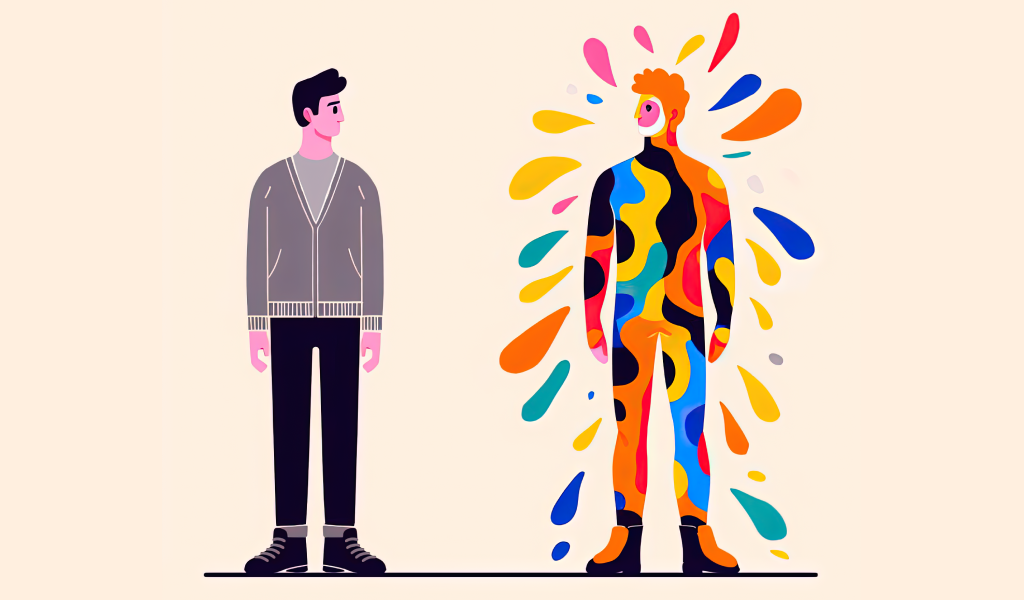
To create a strong brand image, a company must first identify its brand, define its personality, and contribute to its robust brand equity.
The main thing to understand is: do not confuse individuality and image. Brand personalities are an emotional connection with a brand. Image is the picture created and used by a company to communicate with consumers. It can include all forms of communication and visual elements such as logos, dynamic and bright colors, or fonts. But both of these concepts are related. A brand’s personality should be part of its image.
To improve their image, many brands create a brand book. This is a guide that explains the company’s philosophy, its values and the basic rules of communication with the target audience, and establishes the visual style. A brand book is necessary not only for large corporations, but also for small brands; it helps them determine a desired image.
Brand personality traits: how to use

Proper application of brand personality traits aids in establishing a distinct and unforgettable company’s market stance. Some unique personality traits require:
- Create a semantic core
This is a set of words, phrases and other lexical units associated with a brand. Write down the key associations, values and images that the company wants to convey as a brand traits.
- Draw a positioning map
This is a brand perception diagram that shows the position of competing brands in relation to each other. Supporting any effective brand is a positioning strategy that guides planning, marketing and sales. Positioning must change to open up new opportunities for the company brand’s personality in a market overcrowded with products and offerings to make it upper class.
- Define your archetype of brand personality traits
Each brand archetype represents a specific image with a psychographic set of human characteristics and values. Initially, archetypes were developed by Carl Jung, based on his theory of the collective unconscious (among them are such entities as the hero, the seeker, the sage, the ruler, the creator, the caring, the lover, the optimist, the wizard, the innocent, the nice fellow, the child).
And then marketers projected the resulting archetypes into the brand personality framework and advertising. As a result, IKEA, for example, promotes the archetype of the good guy, and M&M’s promotes the buffoon.

By embodying universal stories and journeys that make brand relatable to all people, brand archetypes enable the creation of deep relevance and lasting differentiation in personality traits.
- Build a brand platform
It forms the character into a single system: it combines brand positioning, description of the target audience, mission, values, in the corporate world of brand identity and competitive advantages, especially of luxury brands.
- Find a reference
Let’s look at it with an example. To make it easier to understand its brand voice, the international language school Duolingo in its brand book compared itself to the American comedian, host of The Daily Show, Trevor Noah (as “funny, open, smart, presenting news in a language that everyone understands”) and the song Don’t stop me now, which “always makes you feel good” and even after 40 years after its creation “charges you to dance and inspires you to do more.”
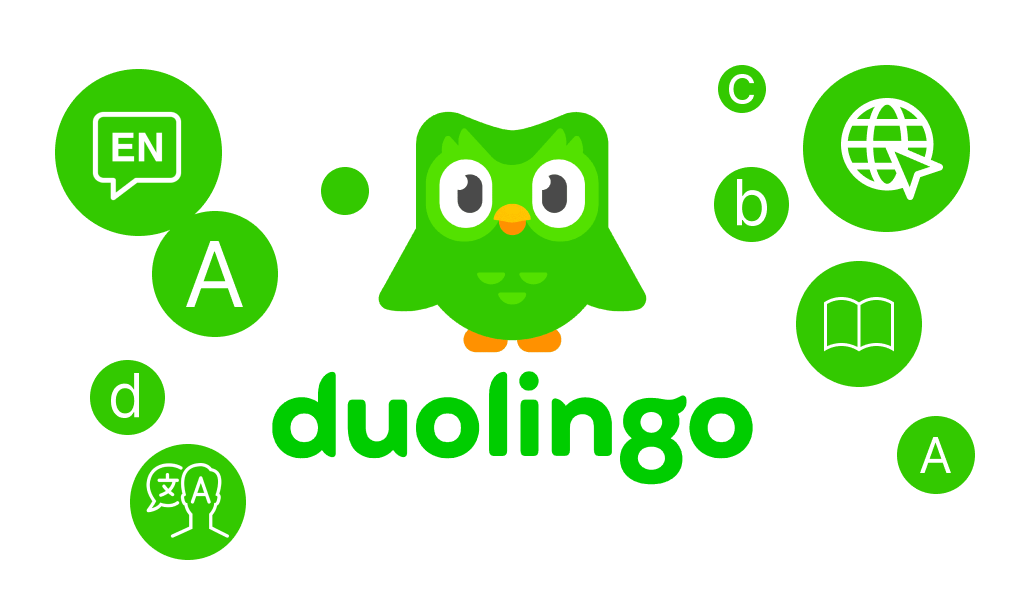
Comparison with phenomena in popular culture simplifies the understanding of character and helps to highlight the necessary traits to transfer them to new tasks.
Brand personality examples
Famous brand personalities excelled in combining traits. Let’s look some of the finest examples of brand:
Coca-Cola
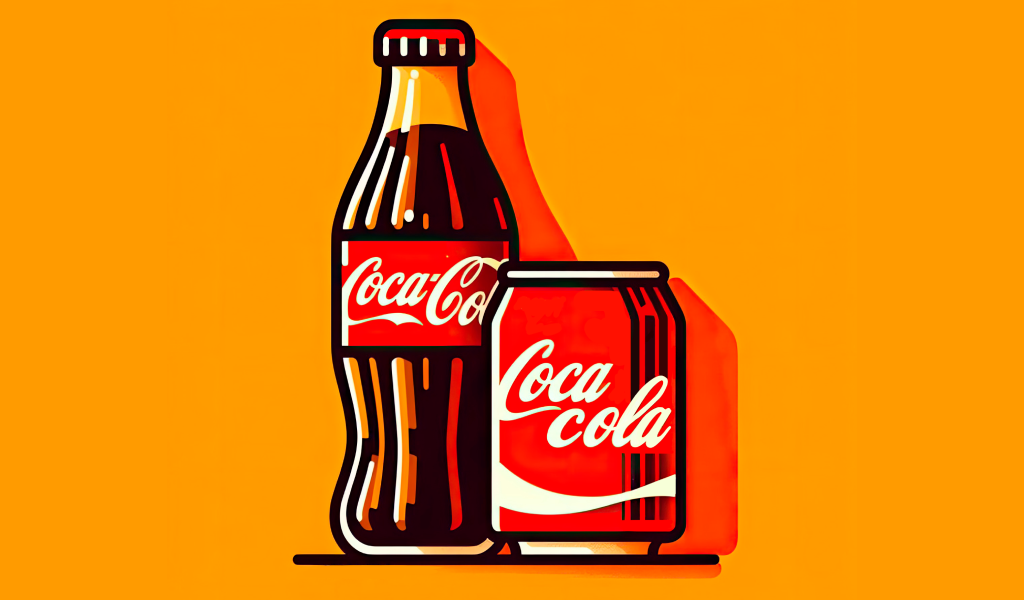
The core idea of the Coca-Cola brand personality is to enjoy life and be happy. The brand has a fantastic product that not only quenches customers’s thirst but also makes them feel good.
The company brand marketing has devoted more than a hundred years to studying consumption situations, evenly distributing brand messaging throughout the seasons (summer – hot weather, sun and active pastime, winter – celebrating Christmas and New Year, off-season – situational consumption of the drink).
The main value of Coca-Cola for consumers is a feeling of celebration and warm relationships (holiday archetype).
Nike
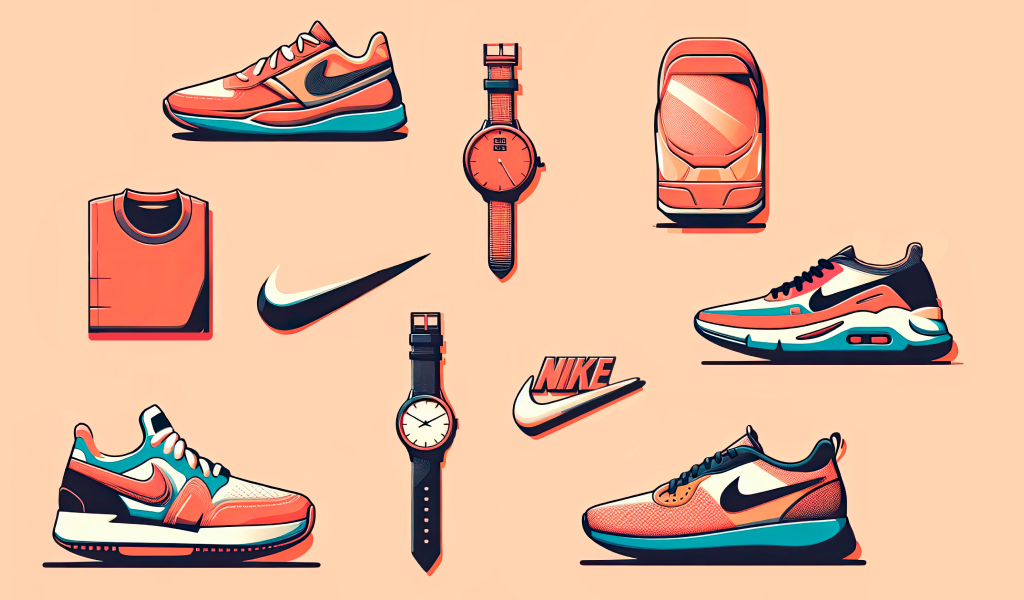
Nike created its own brand personality with the signature style we see today by reimagining their company from a shoe company to a technology company of sports and fitness lifestyle brand. Brand personality: provocative, bold, fresh, innovative and aggressive; associated with health and introduces sports;
The pursuit of excellence: from its constantly on display logo to be one of the best brands slogan, “Just Do It,” Nike as a person is the quintessential hero archetype. The main thing in speech for him is clarity, conciseness, lively, non-robotic language. The brand endeavors to inspirit its customers to be their best, to always achieve more and never settle for anything less than amazing, while remaining down to earth.
Conclusion
If you manage to boost your brand personality it will extinguish competitors and cause great brand loyalty. This is especially vital in highly competitive markets where potential consumers have many options to choose from.
Consistency and integrity are key to creating a strong identity with self expressive benefit. This means that all elements of identity and brand’s personality must be consistent across all audience touchpoints, as well as key brand messages and tone of voice. You need to work on a positive image making all marketing efforts and using communication tools.
I’m a product and graphic designer with 10-years background. Writing about branding, logo creation and business.


